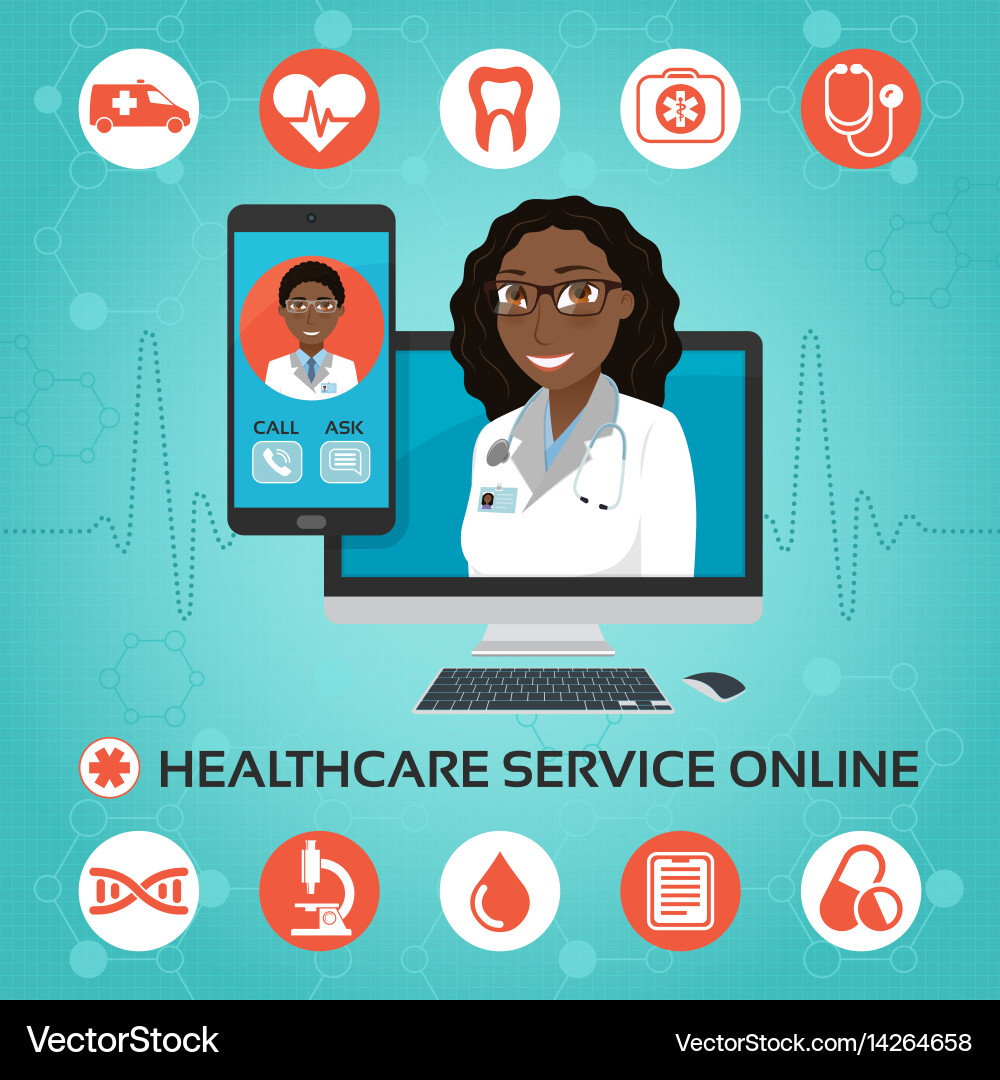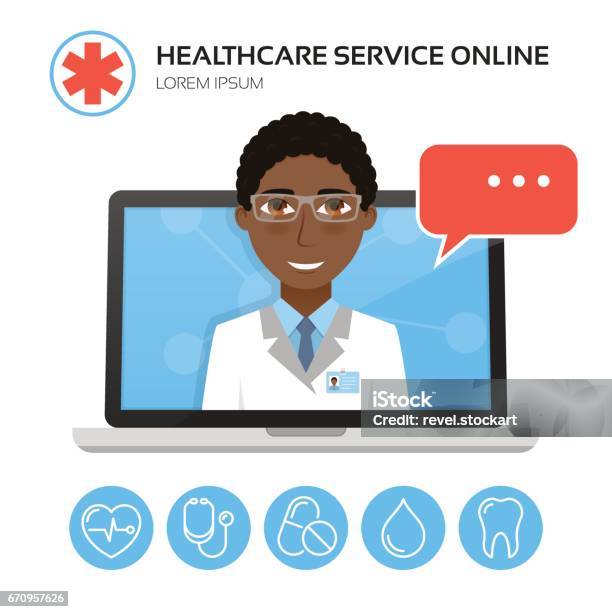The Impact of Subscription Based Healthcare on Traditional Clinical Practices
Wiki Article
The Surge of Subscription-Based Medical Care and Its Impact on Patient Treatment
As medical care advances, the subscription-based model is obtaining traction, assuring to reinvent client treatment by providing predictability and ease of access. The potential for these designs to reshape medical care distribution increases pressing concerns about their lasting sustainability and inclusivity. Are these subscription solutions the future of health care, or do they risk leaving prone populations behind?Recognizing Membership Health Care Versions
Comprehending the principle of subscription medical care models entails checking out a transformative technique to medical services that highlights affordability and access. These models, typically referred to as straight key treatment (DPC) or concierge medication, have actually become ingenious choices to conventional fee-for-service health care systems. Registration healthcare enables patients to pay a fixed month-to-month or yearly charge for a specified collection of clinical solutions, which might include limitless workplace check outs, regular exams, and fundamental laboratory examinations, without the demand for typical insurance invoicing.The framework of registration health care versions is made to streamline person treatment by removing third-party payers and intricate billing codes, therefore decreasing management burdens. Medical care suppliers can concentrate extra on patient treatment, promoting more powerful patient-provider connections. This version additionally advertises preventative treatment by encouraging regular gos to, as the monetary obstacle of per-visit charges is removed.
The registration design usually encourages medical care service providers to take care of smaller sized client panels, enabling more customized care. It lines up financial incentives with patient health end results, as carriers are encouraged to preserve client fulfillment and health. Overall, understanding registration health care models calls for identifying their possible to improve how treatment is provided and accessed.
Benefits for Individuals and Service Providers

With a stable income stream, medical care specialists can commit even more time to each client, leading to an extra customized and comprehensive care experience. The focus on preventative treatment within subscription plans can lead to better person outcomes and minimized long-lasting healthcare costs.
Issues and difficulties
While subscription-based healthcare designs present numerous benefits, they additionally come with a collection of difficulties and concerns that should be addressed. This raises moral concerns regarding fair accessibility to health care services.Financial sustainability of subscription-based designs is an additional worry. Suppliers should balance the fixed revenue from memberships with the variable costs of healthcare services, which may change because of unforeseen clinical demands. This can develop stress to restrict services or boost charges, potentially affecting individual complete satisfaction and care top quality.
Additionally, regulative oversight of subscription-based medical care models is still evolving. The lack of standardized structures can cause irregular service high quality and liability, complicating initiatives to guarantee client protection. Finally, the assimilation of innovation-- usually a cornerstone of these designs-- elevates inquiries concerning information privacy and security, as sensitive individual info can be susceptible to breaches. Addressing these challenges is important for the equitable and successful application of subscription-based health care.
Influence On Patient-Doctor Relationships
One considerable effect of subscription-based health care models on patient-doctor relationships is the potential for boosted continuity and customized care. By taking on a subscription go to this web-site design, medical professionals can handle a smaller sized client panel, permitting more committed time with each individual. This boosted schedule promotes a much deeper understanding of a patient's case history, lifestyle, and choices, enabling a lot more tailored therapy strategies and treatments.
However, it is essential to acknowledge that while subscription-based designs might benefit those that can manage them, they might inadvertently broaden healthcare differences. Clients that are not able to take part in these models could experience reduced accessibility to individualized treatment, possibly influencing their connections with healthcare service providers. Thus, while the registration version uses appealing advantages for patient-doctor partnerships, it Continue likewise postures obstacles that require to be addressed to make certain fair medical care gain access to.
Future of Medical Care Access

The function of technology can not be forgotten in this change. Telemedicine systems and electronic wellness documents promote seamless communication between clients and medical care carriers, breaking down logistical and geographical obstacles. In addition, developments in expert system and information analytics can better individualize healthcare by predicting client needs and optimizing therapy plans.
However, the future of healthcare gain access to additionally presents challenges, such as making sure equity across different socio-economic teams. Policymakers and medical care suppliers have to team up to link the digital divide, ensuring that subscription-based versions remain inclusive and budget friendly. As these systems mature, they hold the promise of making medical care much more available, effective, and patient-centric.
Verdict
Subscription-based health care designs are improving person treatment by giving a stable price structure and enhancing availability. These models enhance patient-provider relationships via customized treatment and regular gos to, highlighting preventative health. In spite of these advantages, challenges such as access concerns for low-income populaces and the demand for fair health care remedies persist. The rise of subscription-based medical care motivates proactive client interaction, which has the prospective to boost patient results and complete satisfaction, signifying a transformative change in medical care shipment.As health care advances, the subscription-based design my explanation is obtaining grip, guaranteeing to transform patient care by providing predictability and ease of access.Subscription-based health care models offer unique advantages for both people and companies, improving the total healthcare experience.As healthcare systems progress, the future of health care access frequently pivots on the assimilation of ingenious models and innovations.Subscription-based health care models are reshaping patient care by giving a secure price structure and enhancing ease of access. The rise of subscription-based health care urges positive individual engagement, which has the prospective to boost individual outcomes and fulfillment, indicating a transformative change in health care shipment.
Report this wiki page